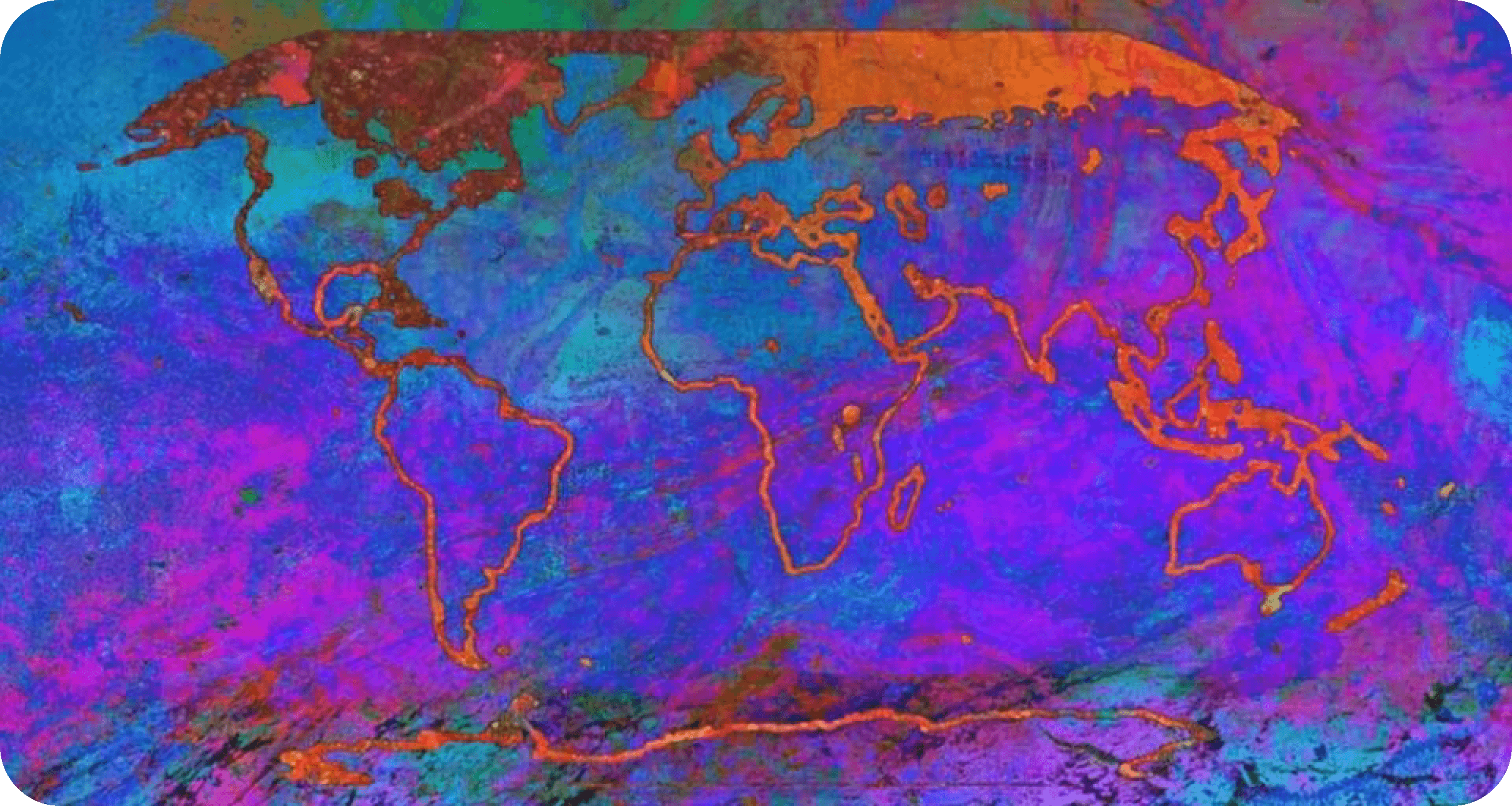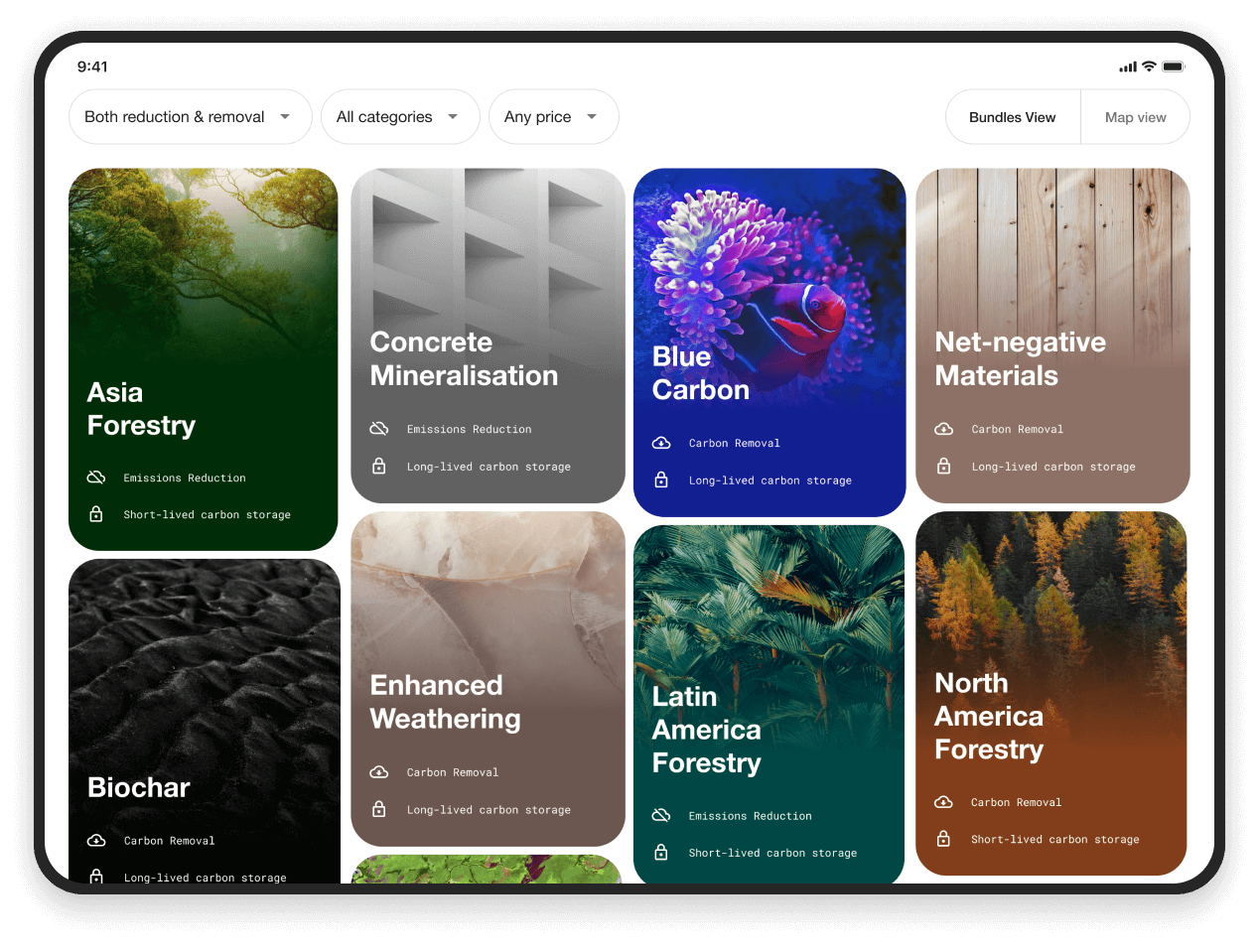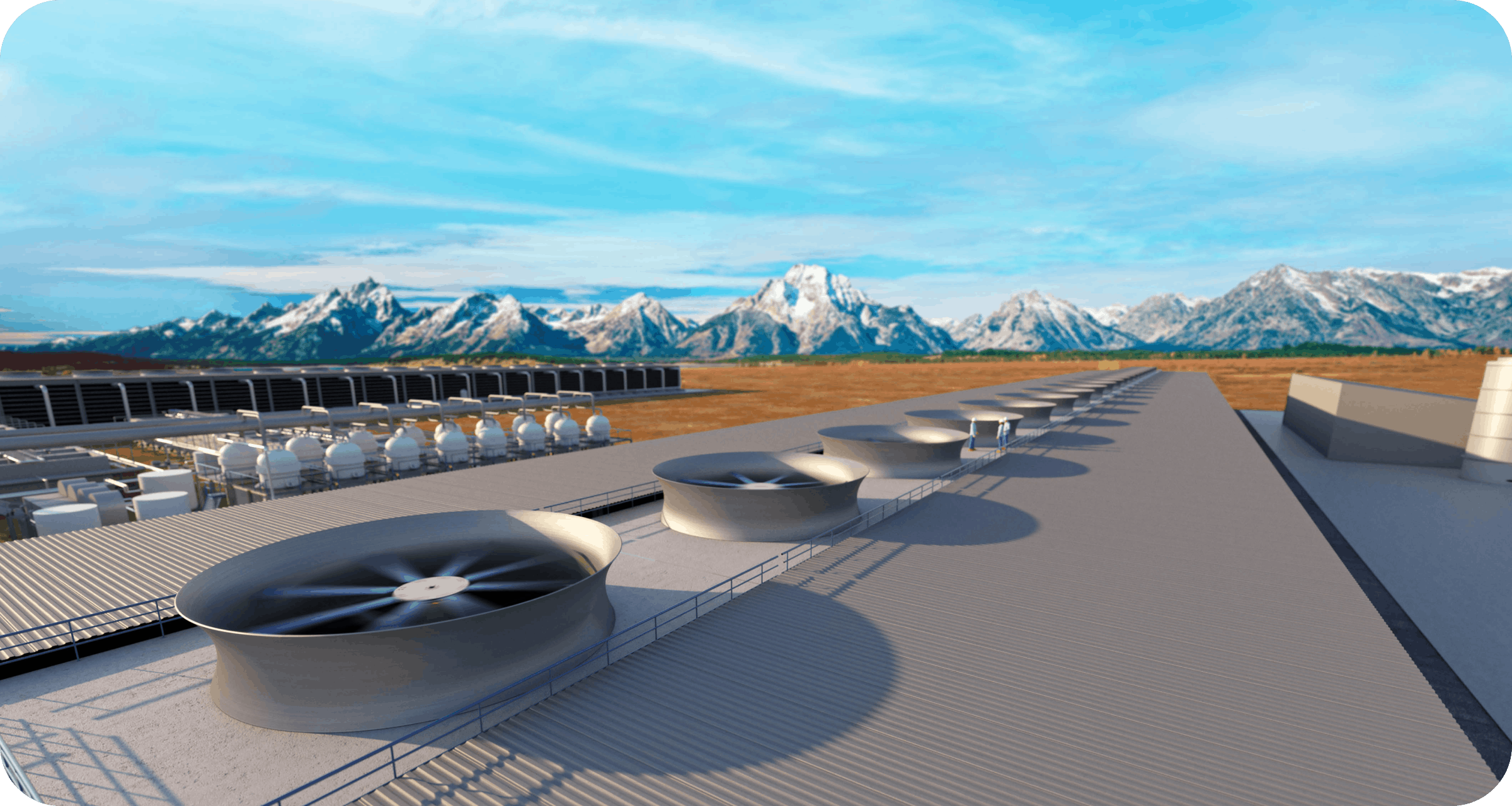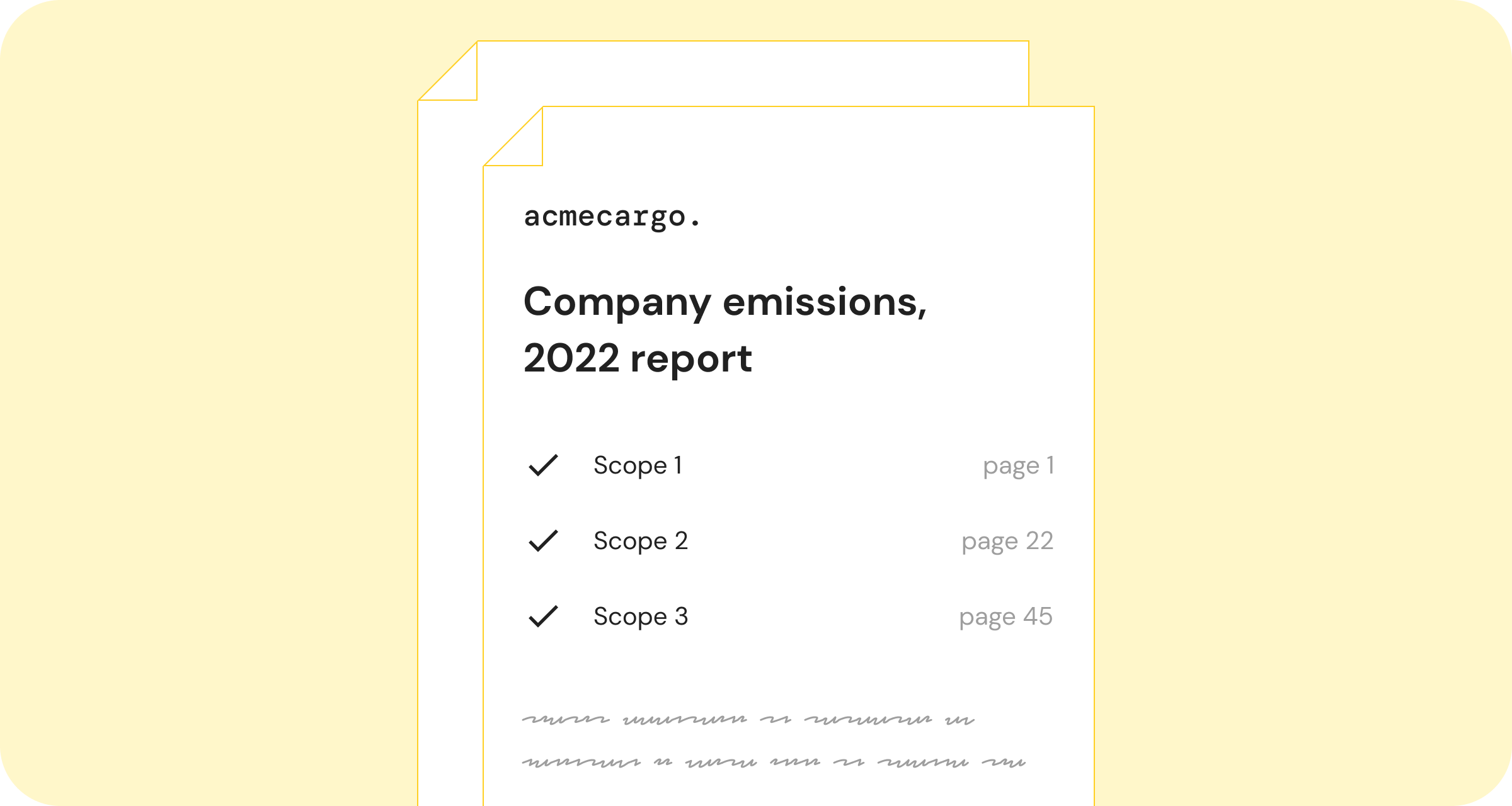

Hi it's Alicia! Time flies - I’ve just finished my first week at Lune, where we're on a mission to make every product and service climate positive by default. Going back to an early stage startup after 3 years at a scaleup is a shock to the system, but so refreshing.Here are the top 3 things I’ve reflected on during my first week.
1. Finding customer focus doesn’t have to be hard
In my first week, I joined ✨SEVEN✨ calls with prospects/customers. It feels incredible to have the space to listen, the time to deeply think about the needs of the customer, and the autonomy to truly build a customer-first product marketing strategy from scratch.
Start with the basics - who do you think your customers are? Why? What are the problems they’re trying to solve? How can you help them? What’s the “blue sky” vision you want your team to get excited about (hint: it’s not your actual product or any piece of functionality). Start with a hypothesis, but then dive into finding your customers to discover their needs.
2. Not all carbon offsets are created equal
My introduction to the world of carbon offsets came from the certificate course I took through Cambridge Institute for Sustainability Leadership. My peers and I discussed their benefits, drawbacks, and the popular stigma surrounding them.
One week into working at Lune has already deepened my understanding of the breadth of offset types (meaning, only planting trees is gonna get us nowhere fast) as well as the variability in offset project quality. In other words, I now understand where the stigma comes from.
For any business, carbon offsets (with an emphasis on carbon removal offsets) should always be part of a larger sustainability agenda; rigorously assessing your supply chain, reducing your emissions, and inspiring your customers and competitors to do the same.
But for the portion of your footprint that cannot yet be eliminated, it’s critical to trust in the quality of diverse offset projects (bio-charcoal or carbon-reducing concrete, anyone?). And the truth is, there’s a lot of junk out there that might tick the box, but don’t actually drive meaningful climate positive action.
This is at the core of my sincere passion for Lune - it’s a beautiful balance of selection, trust, value for money -- with customers at the heart of everything.*

3. Find the intersection.
I can’t express how grateful I am to have finally found the crossroads of product marketing and sustainability. Over the past ten years, I’ve found ways to make myself feel passionate about everything from expense report and customer service SaaS, to AI robots, restaurant operations and more. It took a village for me to find my way towards this intersection, and I urge you -- wherever possible -- to find your own version of the perfect blend. The opportunity to do your best work, for things that deeply matter to you, is the ultimate definition of success in my book.
* I’m currently conducting industry research and interviews to get closer to the pain points of mid-sized fintech and financial services companies - preferably Product or Marketing folks. If you fit the bill, message me for a quick chat!
Readers also liked
Readers also liked

Subscribe for emissions intelligence insights
Get the latest updates in the world of carbon tracking, accounting, reporting, and offsetting direct to your inbox.


